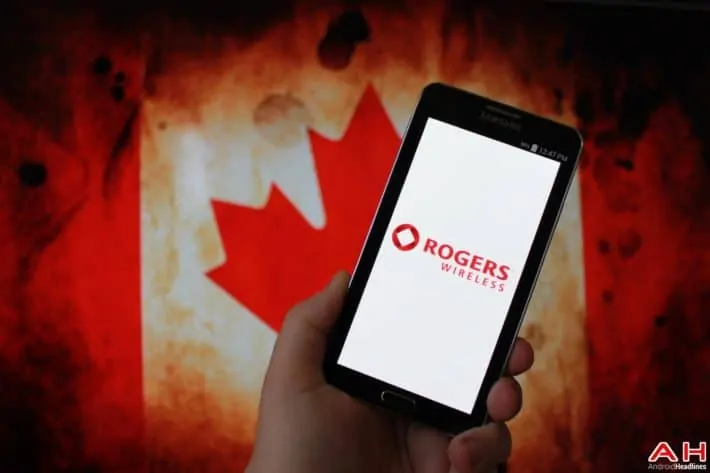The 2012 leaked document entitled, “Private Networks: Analysis, Contextualization and Setting the Vision,” is among the NSA documents taken by former contractor Edward Snowden. Portions were given to The Globe from a confidential source and it reveals that the US National Security Agency has been trying to map communications traffic of corporations around the world. On the list appears the two of Canada’s largest corporations – Royal Bank of Canada and Rogers Communications Inc. From the document they obtained, there is no indication what information was already collected or what the purpose was for wanting the information. Under the terms of a 66-year old reciprocal record, the US and Canada agreed not to spy on each other’s citizens and entities, so this document does raise some concerns.
The markings on the document labeled “Top Secret,” shows that it was most likely shared with Canada’s NSA counterpart, the Communications Security Establishment (CSE). Spokesman Ryan Foreman said in an e-mailed statement. “While CSE cannot comment on intelligence capabilities or operations – our own or our allies – there is no evidence in the document in question that intelligence activities have been directed at any Canadian entity, company or individual.”
The companies named in the document have no reason to believe that their networks or records were compromised in any way and insisted that they maintain the highest security to protect their networks and information. Rogers spokeswoman Patricia Trott said, “If such surveillance is taking place, we would find that very troubling.” And RBC spokesman Don Blair said, “We have not provided the NSA access to our network.”
There could be many reasons why the NSA would want to obtain this information. Christopher Parsons, a researcher at the University of Toronto’s Citizen Lab, “This is preparing the battlefield so it could later be used. This is … watching communications come in and out of a network and saying, ‘Okay, these are the places we need to go in.” In other words, they have not actually tried to obtain any information, but keeping an eye on where they may need to look in the future.
Another leaked document envisioned the future when US companies may be falling behind, and the collection of data may help US companies in economic campaigns. When The Globe asked the NSA about their interest in Rogers and RBC, agency spokesperson Vanee Vines urged them not to publish any names in the document and said the NSA “”will not comment on specific, alleged foreign intelligence activities.” She further said in her emailed statement that the NSA protects the US from “terrorist plots” and “foreign aggression,” but never collects intelligence “to provide a competitive advantage to U.S. companies.”
For all of these ‘cloak and dagger’ methods, John Manley – a former cabinet minister and now president of the Canadian Council of Chief Executives – does not seem too concerned. He said with hacking threats coming from all over the world, “Many of the CEOs who are members of our council consider it their No. 1 risk factor, and they lose sleep over it.” These same CEOs, while surprised if the US government is watching their networks, added, “I would say for most major corporations, they would see the U.S. government as at least benign, and, at most, one of their protectors to do business in the world.”

